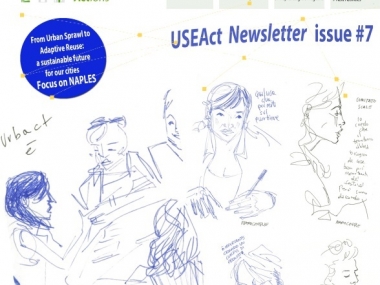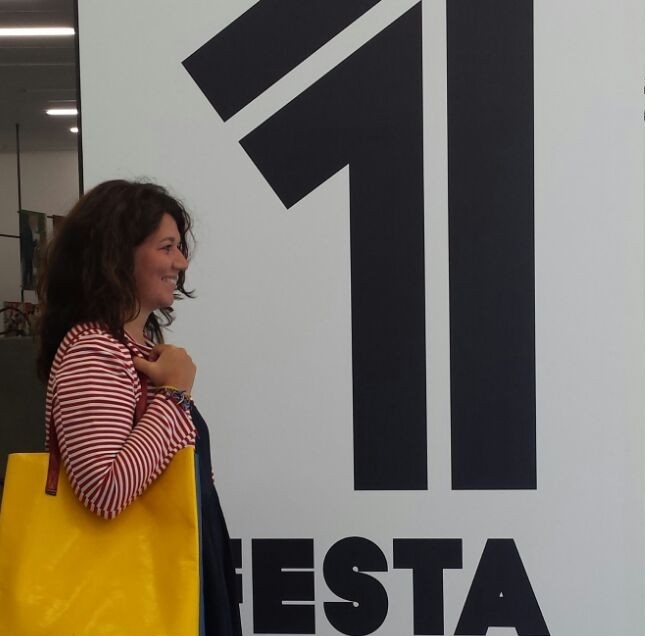What about land use policies in Naples?
Edited on
27 June 2015
Read time: 2 minutes
"We must grant to the future generations a full enjoyment of our natural heritage, preserving it from and pollution. The Neapolitan cultural identity coincides with our natural identity which implies safeguarding our scenery, as it has been depicted by the Grand tour writers." -The Mayor of Naples Luigi de Magistris focus in his interview on the need to preserve the natural heritage and landscape-
"Moreover, planning implies enlarging green areas. Doing so, we can also decrease the social costs due to the pollution caused by pirate urbanization, hence benefiting public health."
The Councillor for Urban Planning Carmine Piscopo, underline that "one of the interesting aspects of the USEAct project is that it is directly connected with the need to support urban communities, in the way to find solutions to solve the problem of the land consumption, manly through two different tools: on one hand reusing existing buildings and areas in the city, and on the other hand towards new urban planning tools, which can develop – on a large scale – new settlement opportunities of the highest quality (private and public spaces) for people and investors, reducing as far as possible the use of green-field land and energy consumption"
Read more on the
!
The USEAct Local Action Plan developed by the Municipality of Naples has focused on some degraded areas of the historic urban "core".
URBACT II program with USEAct project allowed the town of Naples to implement the Local Action Plan “Development strategies for the city consolidated“ : LAB Porta Capuana, LAB Porta Medina, LAB Porta del Mercato, as detailed in the LAP document.
This document - as described by the Project Coordinator Gaetano Mollura - photographing the activities performed during two and a half years by the local support group, which involved all the various stakeholders, public and private, and still a “work in progress” this proposal aims to be a feasibility plan with actions, shared from the bottom, which are partly financed and/or implemented in most need to be finalized through obtaining the necessary funds: public and private.
 Submitted by m.luna nobile on
Submitted by m.luna nobile on
